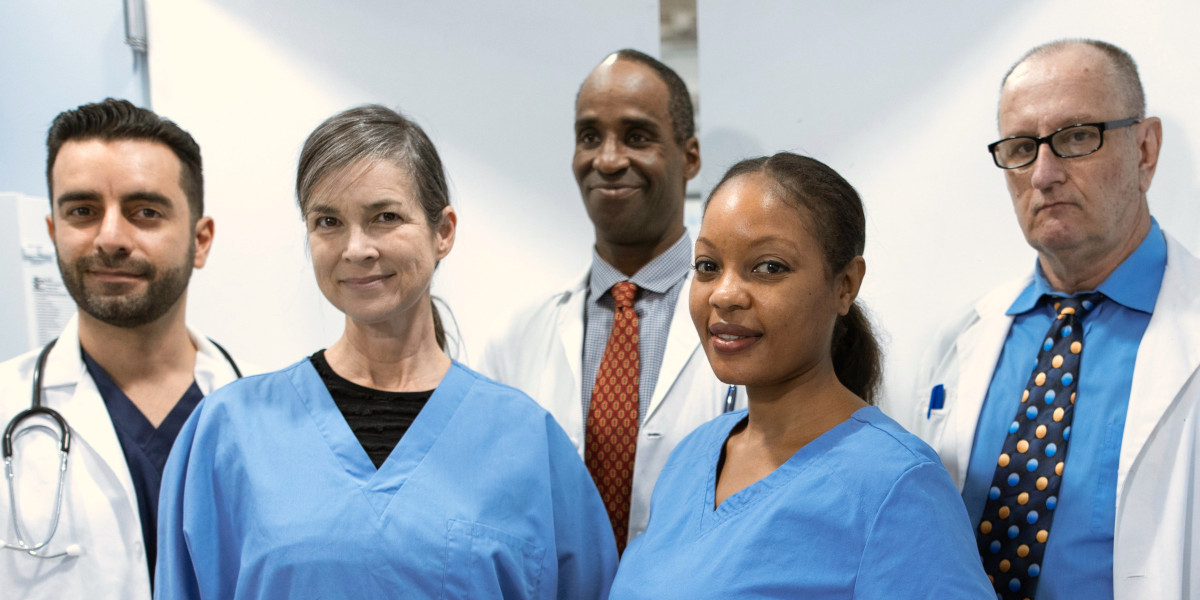
Amyotrophic lateral sclerosis
Amyotrophic lateral sclerosis (ALS), also known as Lou Gehrig's disease, is a disease that affects the nerve cells in the brain and spinal cord that control movement. Over time, these nerve cells break down and die, causing muscle weakness and stiffness that can spread to other parts of the body. There is no cure for ALS, but treatments can help manage symptoms and slow the progression of the disease. The cause of ALS is not fully understood, but it is believed to be a combination of genetic and environmental factors.
Amyotrophic lateral sclerosis in more depth
Amyotrophic lateral sclerosis (ALS), also known as Lou Gehrig's disease, is a progressive neurodegenerative disease that affects the nerve cells in the brain and spinal cord that control voluntary muscle movement. The exact cause of ALS is not fully understood, but it is believed to be a combination of genetic and environmental factors.
ALS typically begins with muscle weakness and stiffness, which can affect one or more parts of the body. As the disease progresses, muscle weakness can spread to other parts of the body, leading to difficulty with movement, speech, swallowing, and breathing. In some cases, ALS can also cause cognitive and behavioral changes.
The course of ALS varies from person to person, but the disease generally progresses over a period of several years. Most people with ALS die from respiratory failure, typically within three to five years from the onset of symptoms.
There is currently no cure for ALS, but there are treatments available that can help manage the symptoms and slow the progression of the disease. These treatments can include medication to manage symptoms such as muscle cramps, physical therapy to help maintain muscle strength and flexibility, and the use of assistive devices such as wheelchairs and speech synthesizers.
Research into ALS is ongoing, with a focus on developing new treatments and understanding the underlying causes of the disease. Some potential treatments being explored include stem cell therapy, gene therapy, and neuroprotective therapies.
If you or a loved one are experiencing symptoms of ALS, it's important to seek medical attention and support as early as possible. A team of healthcare professionals, including a neurologist, can help manage symptoms and provide emotional support throughout the course of the disease.
What questions should I ask my doctor about amyotrophic lateral sclerosis?
If you or someone you know is experiencing symptoms of Amyotrophic lateral sclerosis (ALS), here are some questions you may want to ask a doctor:
- What are the signs and symptoms of ALS?
- How is ALS diagnosed and what tests will be done?
- What treatment options are available and how effective are they?
- What lifestyle changes can help manage the symptoms of ALS?
- What support is available for people with ALS and their families?
- Are there any clinical trials or experimental treatments available for ALS?
- What can we expect as the disease progresses, and how can we plan for the future?
Be open and honest with your doctor about any concerns or questions you may have about ALS. Your doctor can provide you with the information and support you need to manage the disease and maintain the best quality of life possible.